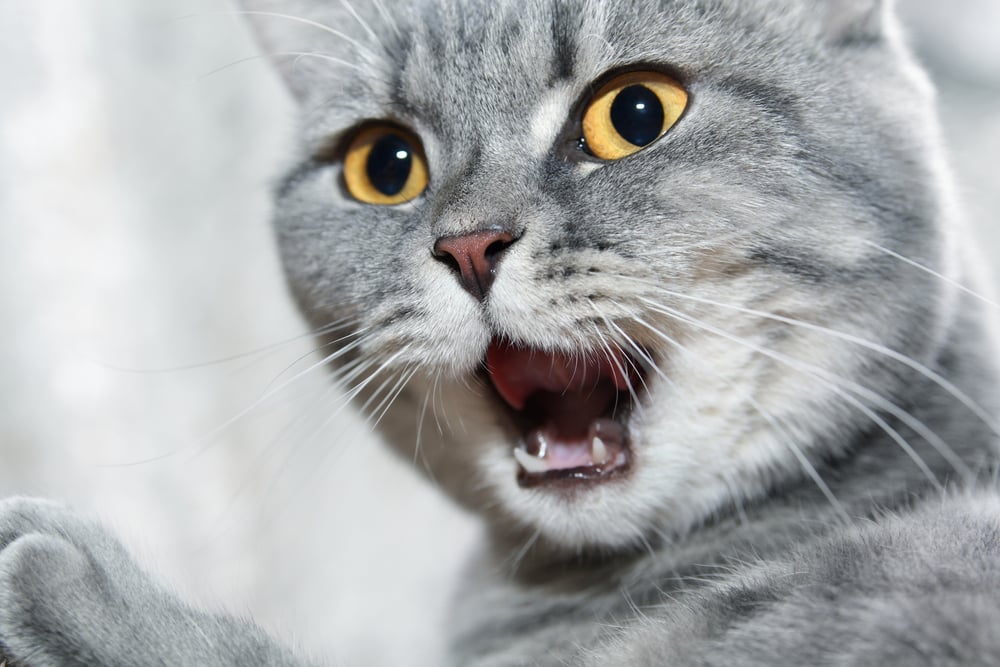We have all heard in the past just how independent cats are. Some stories even suggest that if an owner dies, cats will eat the corpse while dogs will lay in sadness beside the body. From the outside, this certainly suggests that dogs are a more loyal companion than cats and that cats are also a little bit psychotic. A new study attempts to bust the myth that cats are not attached to their owners. Let’s see what it found.
The findings were released in a journal called Current Biology recently and attempted to analyze the emotional attachment of cats. The study replicated work that had been done previously with human babies and dogs.
The methodology used was for an owner to spend 2 minutes with their cat, leave for 2 minutes, and then come back. Based on how the cat responded to the owner’s return would indicate how emotionally attached the cat was. If a cat/baby/dog is secure in their attachment to a person they will quickly return to exploring the territory in a relaxed manner. If they are attached in an insecure way they will display clingy behavior.
65% of babies displayed strong, secure, relaxed behavior. The same statistic was found for cats. This finding goes against the common theory that cats have no emotional attachment to their owner and are simply using them for a source of food. Instead, the study appears to show that cross-species attachment is nothing something reserved for dogs and humans but that cats engage in it as well.
However, if this is true, it just means that the fact that some cats eat corpses is all the scarier. A cat who is emotionally attached to you but still willing to eat you is definitely a psychopath. A study from the Colorado Mesa University was looking at the decomposition of bodies and unintentionally recorded footage of feral cats feasting on human corpses. The researchers said it was interesting to see that the cats had their favorite bodies, returning to the same victims over and over again. Of course, these cats were not domestic so it is unfair to include domestic cats in this group as those feral cats were wild and likely very hungry.
A number of police reports have indicated that they have founded corpses in homes that have been nibbled on by pet cats. It appears domestic cats are not so innocent either. The reality is that cats are predators and scavengers and that if they become hungry enough they will eat anything to survive. Some reports also found dogs had done the same thing but I will ignore those reports because I really like dogs. In both the cases of domestic cats and dogs who had nibbled on their dead owners, it appeared that these people had been very isolated and the pets had been left alone with their deceased owner for a long time. They likely had to eat the body to survive. If you live alone and have a pet, maybe just make sure someone is checking on you every couple of days to ensure you don’t become your cat’s next meal.
The original study does show that cats are a lot closer to dogs and people in terms of social and emotional bonding than we sometimes give them credit for. While they like their independence cats also appear to be strongly connected with their owners. The good news is your pet won’t eat you anytime soon. The bad news is that none of these studies have ruled out the possibility of your cat being a psychopath.







